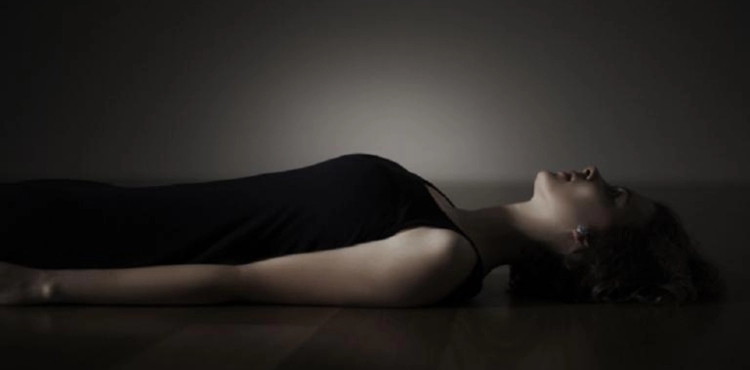The small village of Lily Dale in New York has moved to an advanced stage of spirituality, as its 275 residents have come to call themselves "middlemen", claiming they are able to contact the dead.
The Lily Dale Spiritual Society was founded in 1879, by members of a 19th-century spiritual movement, which stresses that the souls of the dead have the power to communicate with living humans.
Reports indicate that 50 Lily Dale residents are permanent mediators throughout the year, including leaders in defending women´s rights.
Spirituality has turned into a multi-billion dollar industry in the region, with Americans increasingly reluctant to organize religions in favor of other spiritual trends.
The movement was supported by Goop, a health company, founded by American singer, writer and actress, Gwyneth Paltrow, which has led to an ever-increasing interest in Lily Dale and a permanent highlight.
According to a report by market research firm IBISWorld, it is expected that people who provide psychological services will earn about 2.3 billion dollars before 2023, and spiritual mediators make up about 20% of this figure.
"At one point, the village was beautiful and unique, because this kind of thing wasn´t normal. But now, it´s everywhere," Lynn Fergett, a spiritual broker at Lily Dale told Business Insider. I noticed an increase in the number of young people looking for spiritual means lately, including men in particular, who "willingly come, and they really believe in this."
Turning into a huge business, spirituality attracts thousands to the Lily Dale Village annually, to speak to the dead.
Shannon Taggart, who documented the spiritual movement in a book called Séance, explains that about a third of the 19th-century American population was spiritual. It was more than just a general trend, as the movement enjoyed political clout and bragged about influential followers such as First Lady Mary Todd Lincoln, women´s rights activist Victoria Woodhill, psychologist Carl Young and Thomas Addison.
However, mediators have always had their share of critics, and certainly has increased doubts about them as this practice finds its way again to spread widely.












